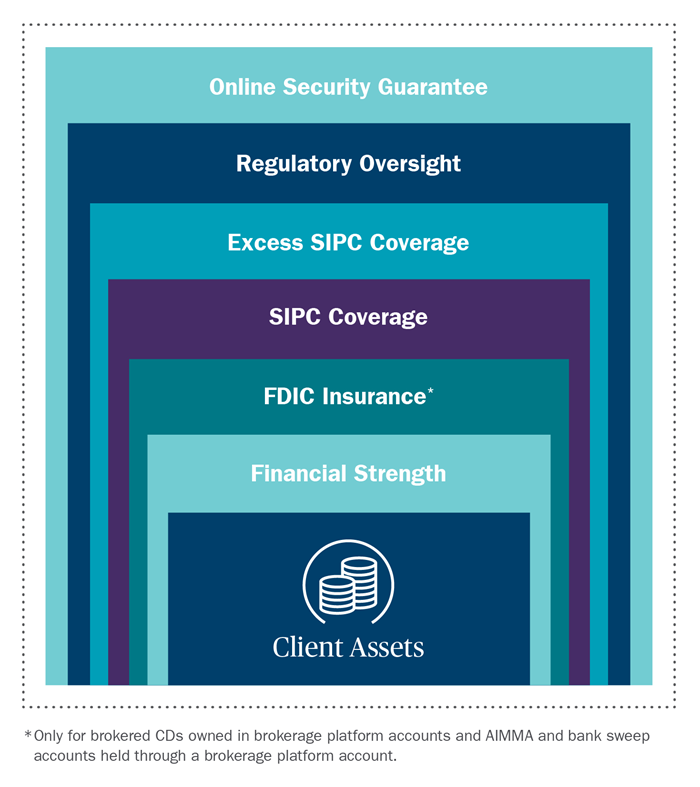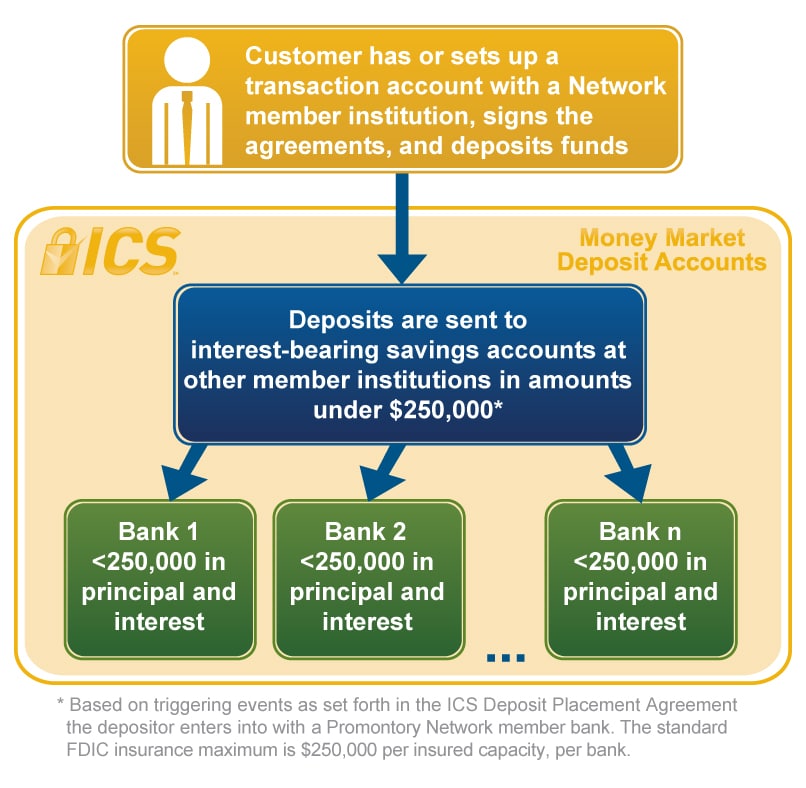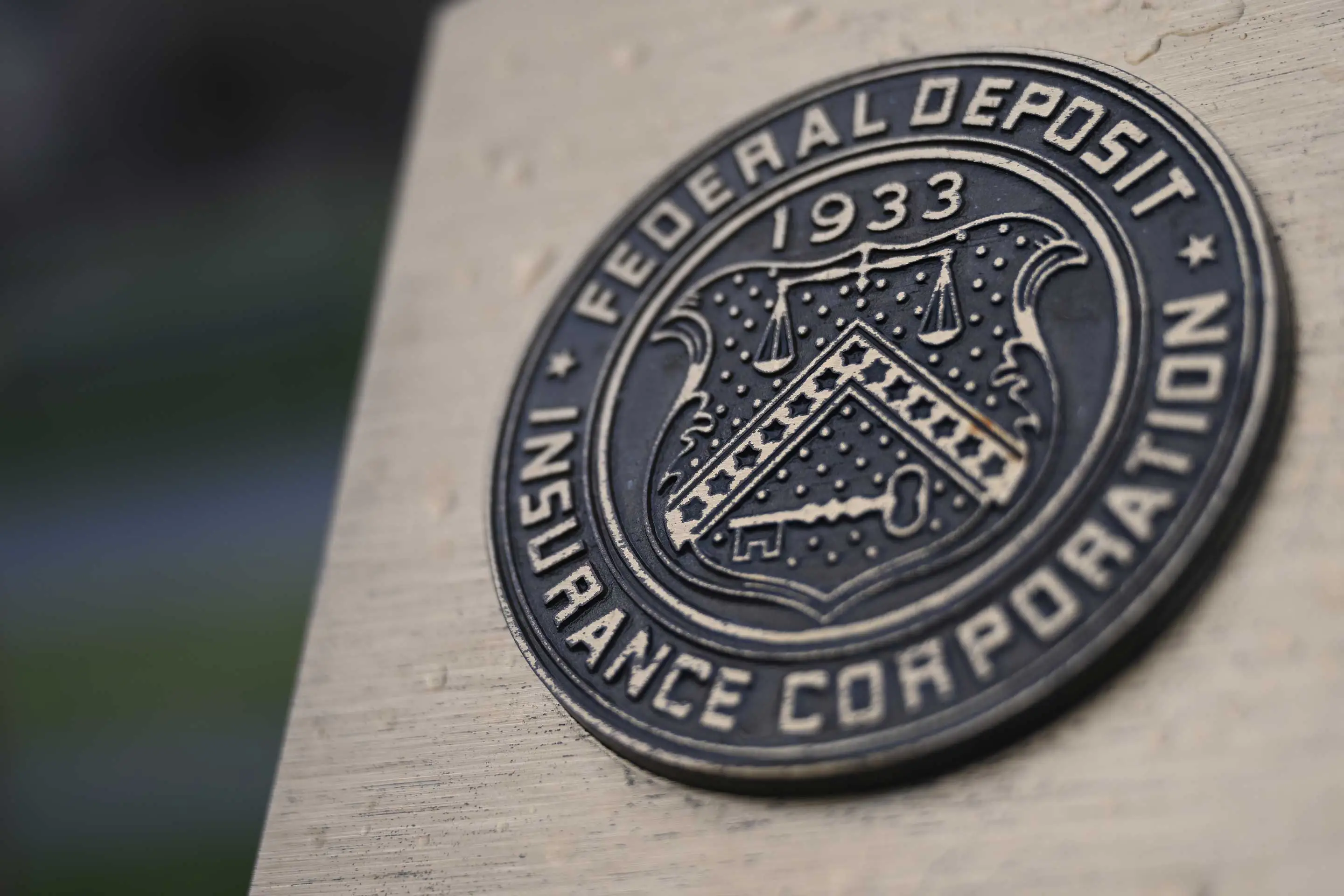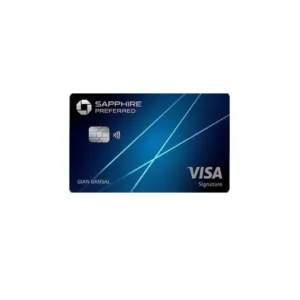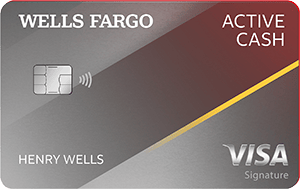How To Build Credit Fast: Tips And Tricks To Improve Your Credit Score
Building a good credit score is essential in today’s world. It can help you secure loans, credit cards, and even jobs. But what if you need to build your credit score quickly? In this article, we’ll explore some tips and tricks to help you build your credit fast, so you can achieve your financial goals.
Whether you’re looking to buy a home, launch a business, or simply improve your financial standing, having a good credit score is key. But what if you’re starting from scratch, or you’ve had some setbacks in the past? Don’t worry, we’ve got you covered. In this article, we’ll share some strategies to help you build credit fast and achieve your goals.
- Check your credit report for errors and dispute any inaccuracies.
- Pay your bills on time and in full each month.
- Reduce your credit utilization by paying down your balances.
- Ask for a credit limit increase or open a new credit account.
- Keep old credit accounts open and in good standing.
- Consider becoming an authorized user on someone else’s credit card account.
- Monitor your credit score regularly to track your progress.
Following these steps can help you improve your credit score quickly. However, building credit is a marathon, not a sprint. It takes time and consistent effort to establish good credit habits and see results. Start by implementing these tips and continue to make smart financial decisions to build a strong credit history.
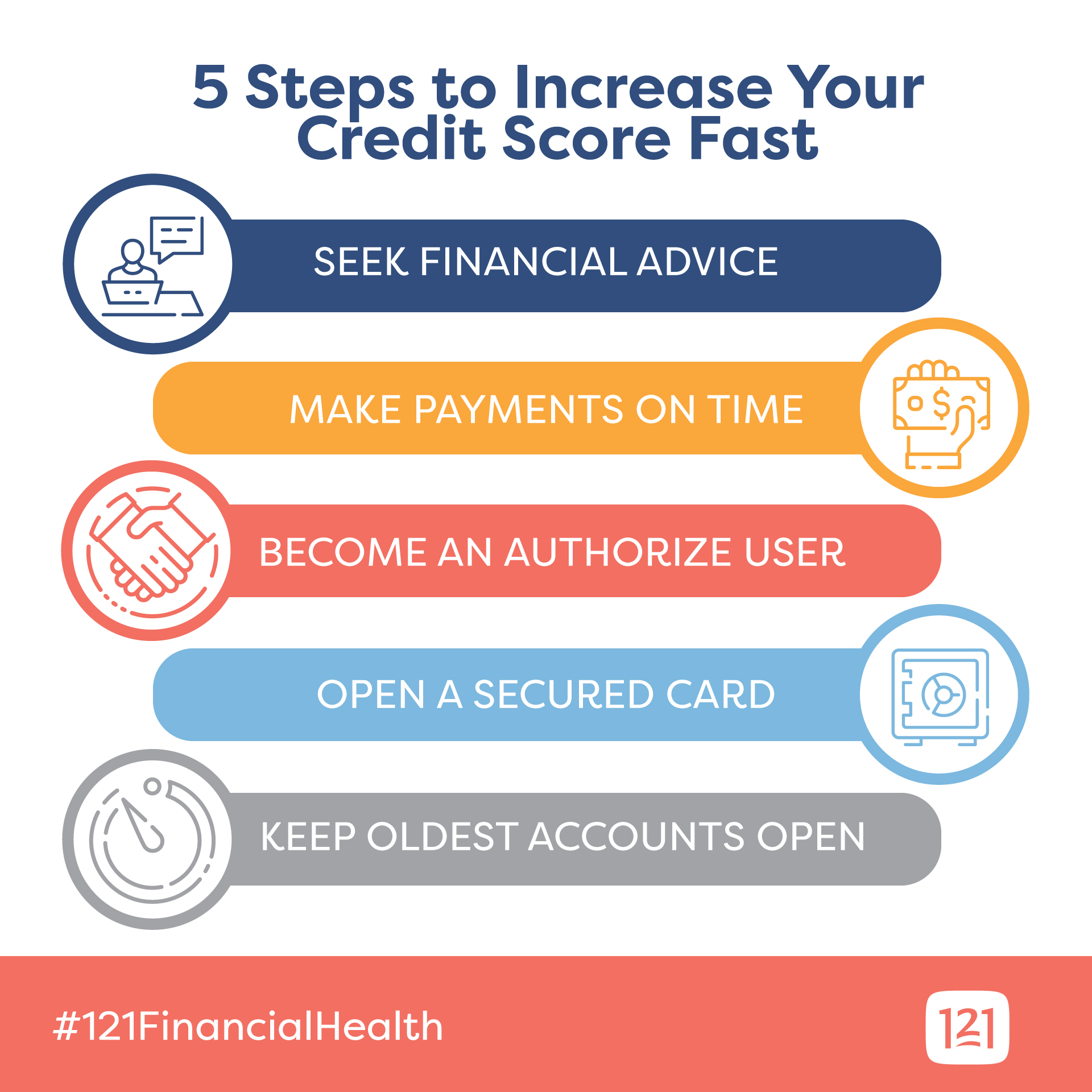
How to Build Credit Fast: Tips and Tricks to Improve Your Credit Score
1. Check Your Credit Report
Before you start working on building your credit, it’s important to check your credit report to ensure that all the information is accurate. You can get a free copy of your credit report from each of the three major credit bureaus once a year. Review your report for any errors or discrepancies and dispute any mistakes you find.
Once you’ve ensured that your credit report is accurate, you can start working on improving your credit score.
| Benefits | VS |
|---|---|
| Helps you identify any errors or discrepancies in your credit report | None |
| Allows you to dispute any mistakes you find | None |
2. Pay Your Bills on Time
One of the most important factors that affect your credit score is your payment history. Late payments can have a negative impact on your score, so it’s important to pay your bills on time. Set up automatic payments or reminders to help you stay on track.
If you’re struggling to make your payments, contact your creditors to discuss your options. They may be able to offer a payment plan or other assistance to help you get back on track.
- Benefits:
- Improves your payment history, which is a major factor in your credit score
- Helps you avoid late fees and penalties
- VS:
- May require some budgeting and planning to ensure you have enough money to pay your bills on time
3. Keep Your Credit Utilization Low
Your credit utilization ratio is the amount of credit you’re using compared to the amount of credit you have available. Keeping your credit utilization low can help improve your credit score. Aim to keep your utilization below 30% of your available credit.
If you have high balances on your credit cards, work on paying them down as soon as possible.
| Benefits | VS |
|---|---|
| Improves your credit utilization ratio, which is a key factor in your credit score | May require some budgeting and planning to pay down high balances |
4. Don’t Close Old Credit Accounts
Your credit history is an important factor that affects your credit score. Keeping old credit accounts open can help improve your credit history and boost your score. Closing old accounts can shorten your credit history and potentially lower your score.
If you have old credit accounts that you’re not using, consider making a small purchase on them every few months to keep them active.
- Benefits:
- Helps improve your credit history, which is a key factor in your credit score
- Can increase your available credit, which can lower your credit utilization ratio
- VS:
- May require some budgeting and planning to keep the accounts active
5. Consider a Secured Credit Card
If you’re struggling to get approved for a traditional credit card, a secured credit card can be a good option. With a secured card, you’ll need to make a deposit to open the account, and your credit limit will be equal to the amount of your deposit.
Using a secured credit card responsibly can help you build your credit history and improve your score.
| Benefits | VS |
|---|---|
| Can help you build credit if you don’t have a credit history or have bad credit | Requires a deposit to open the account |
| Can be easier to get approved for than a traditional credit card | May have higher interest rates or fees than traditional credit cards |
6. Limit New Credit Applications
Every time you apply for credit, it can have a negative impact on your credit score. Too many credit applications in a short period of time can make you appear risky to lenders and potentially lower your score.
Limit new credit applications and only apply for credit when you really need it.
- Benefits:
- Helps protect your credit score by limiting the number of inquiries on your credit report
- VS:
- May require some planning to limit credit applications
7. Become an Authorized User
If you have a friend or family member with good credit, you can become an authorized user on one of their credit cards. This can help you build your credit history and improve your score, as long as the cardholder uses the card responsibly.
Keep in mind that becoming an authorized user means that you’re not responsible for making payments on the card, but you’ll still benefit from the positive payment history.
| Benefits | VS |
|---|---|
| Can help you build credit if you don’t have a credit history or have bad credit | Relies on the cardholder to use the card responsibly |
| Allows you to benefit from the cardholder’s positive payment history | May require some trust and communication with the cardholder |
8. Negotiate with Creditors
If you’re struggling to make your payments, don’t be afraid to negotiate with your creditors. They may be willing to work with you to come up with a payment plan or other arrangement that can help you get back on track.
Keep in mind that negotiating with creditors can be a time-consuming process, but it can be worth it if it helps you improve your credit score.
- Benefits:
- Can help you get back on track with your payments
- May result in lower interest rates or fees
- VS:
- May require some persistence and negotiation skills
9. Use a Credit Builder Loan
A credit builder loan is a type of loan that’s designed to help you build credit. With a credit builder loan, you make fixed payments for a set period of time, and at the end of the loan term, you receive the funds in a lump sum.
Using a credit builder loan responsibly can help you build your credit history and improve your score.
| Benefits | VS |
|---|---|
| Can help you build credit if you don’t have a credit history or have bad credit | Requires you to make payments for a set period of time before receiving the funds |
| Can be easier to get approved for than a traditional loan | May have higher interest rates or fees than traditional loans |
10. Be Patient
Remember, building credit takes time. It’s important to be patient and stay on track with your payments and credit utilization. Keep working on building your credit, and over time, you’ll see your score improve.
Don’t get discouraged if your score doesn’t improve as quickly as you’d like. With consistent effort and responsible credit use, you’ll be on your way to a better credit score.
- Benefits:
- Reminds you to be patient and consistent in your efforts to build credit
- VS:
- May require some motivation to stay on track
Frequently Asked Questions
What is a credit score and why is it important?
A credit score is a three-digit number that represents your creditworthiness. It is used by lenders and credit card companies to determine whether or not to approve your application for credit, and what interest rate to offer you. A high credit score can save you thousands of dollars in interest charges over the life of a loan or credit card.
Improving your credit score can also help you get better rates on insurance premiums, cell phone plans, and even apartment rentals. In short, having a good credit score is essential to achieving financial success.
What are some tips for building credit fast?
If you want to improve your credit score quickly, there are several things you can do. First, make sure you pay all of your bills on time every month. Late payments can have a negative impact on your credit score.
Second, try to keep your credit card balances low, ideally below 30% of your credit limit. High balances can make you look like a high-risk borrower, which can hurt your credit score.
How long does it take to build credit?
There is no set time frame for building credit, as it depends on a variety of factors such as your credit history, income, and debt-to-income ratio. However, if you are consistent with your efforts to build credit, you can start to see results in as little as three to six months.
Keep in mind that building credit is a marathon, not a sprint. It takes time and effort to establish a good credit history, but the benefits are well worth it.
What are some things that can hurt my credit score?
There are several things that can hurt your credit score, including late payments, high credit card balances, and applying for too much credit at once. Other factors that can negatively impact your credit score include having a short credit history, having too many credit inquiries, and having a high debt-to-income ratio.
To protect your credit score, it’s important to stay on top of your bills, keep your credit card balances low, and only apply for credit when you really need it.
Can I build credit without a credit card?
Yes, it is possible to build credit without a credit card. One way to do this is to take out a small personal loan and make all of your payments on time. Another option is to become an authorized user on someone else’s credit card account.
However, keep in mind that using a credit card responsibly is one of the fastest and easiest ways to build credit. If you don’t have a credit card, consider applying for a secured credit card, which requires a security deposit but can help you establish a credit history.
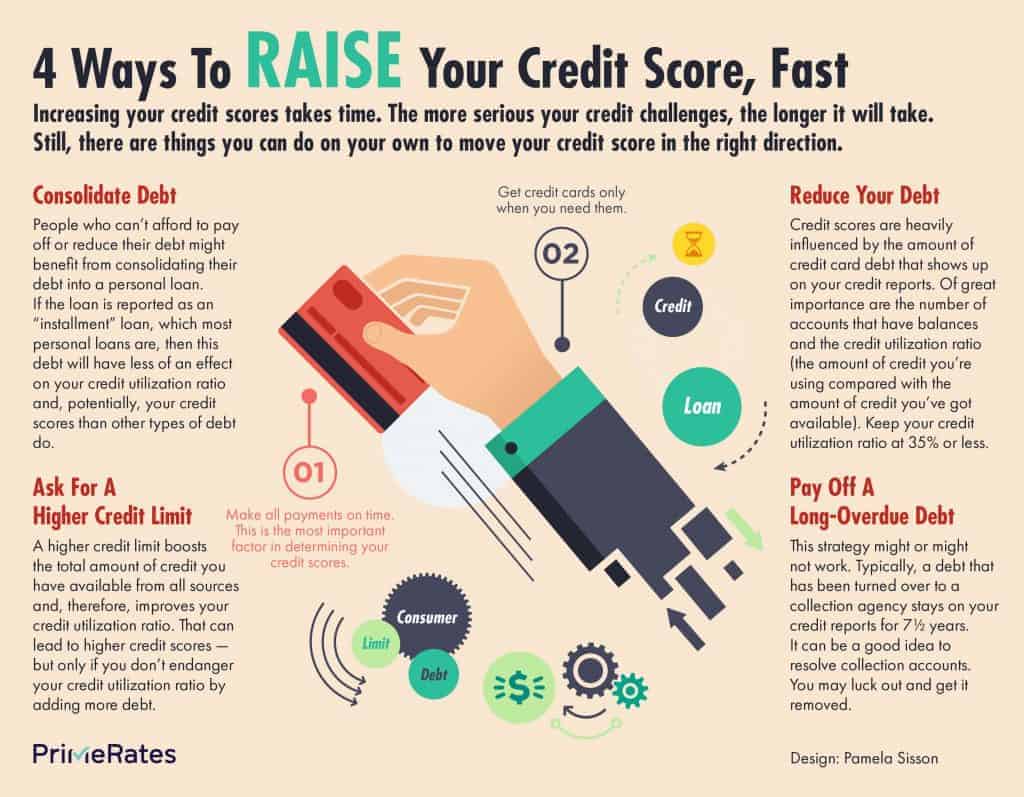
How to RAISE Your Credit Score Quickly (Guaranteed!)
In conclusion, building credit fast can be a daunting task, but it is not impossible. By following these tips and tricks, you can improve your credit score and achieve your financial goals. Remember to pay your bills on time, keep your credit utilization low, and monitor your credit report regularly. Building good credit takes time and effort, but it is worth it in the long run.
As you work on building your credit score, keep in mind that it is not just about the numbers. Good credit can give you access to better interest rates, lower insurance premiums, and even help you land your dream job. So, take the time to build your credit and reap the benefits of financial stability and security.
Finally, don’t be discouraged if you encounter setbacks along the way. Building credit is a journey, and it is normal to experience ups and downs. Stay committed to your financial goals and keep taking steps towards building a strong credit score. With patience, perseverance, and the tips and tricks outlined in this article, you can build credit fast and achieve financial success.
:max_bytes(150000):strip_icc()/bank-47189639b37541338a6f383147cba708.jpg)

:max_bytes(150000):strip_icc()/how-can-i-easily-open-bank-accounts-315723-FINAL-3547624de9a648379a90fe38c68a2f7c.jpg)
